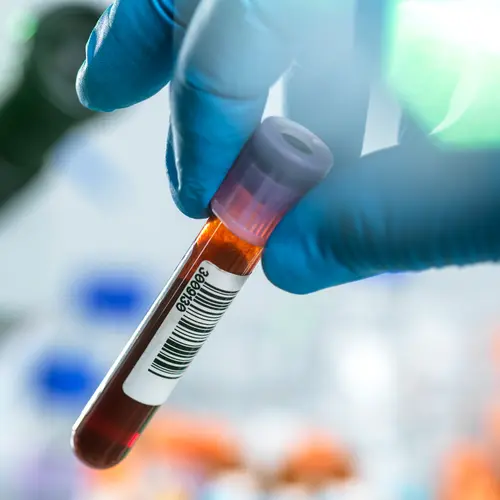Testosterone replacement therapy may not be the fountain of youth for aging men. A large government-funded study published in the New England Journal of Medicine in February reports that testosterone, touted for its ability to jump-start libido, did little to improve a man’s abilities in the bedroom.
“The trial showed modest benefits in sexual activity and functions,” says study researcher Shalender Bhasin, MD, of Brigham and Women’s Hospital in Boston. But those sexual benefits may not last, the year-long study concluded. By the end, they had begun to taper off. “And improvements in other areas were less clear,” Bhasin says.
Men with "low T" -- testosterone below 275 nanograms per deciliter of blood -- commonly feel down or depressed, and the study showed that testosterone therapy did give a slight lift to their mood. But it had little impact on their energy or levels of physical activity.
These results arrive at a time when the number of men undergoing testosterone therapy is on the rise. Between 2009 and 2013, prescriptions nearly doubled, from 1.3 million to 2.3 million. The FDA has approved it to treat medical conditions that affect testosterone production, such as diseases of the testes, the pituitary gland, and the hypothalamus.
But doctors write 4 in 5 testosterone prescriptions for men ages 40 to 74, though the FDA has not approved its use to offset the gradual decline in testosterone that happens with age.
According to the FDA, symptoms commonly associated with low T may have other causes. And the pros and cons for aging men have not been established.
Bhasin and his colleagues’ study looked at the effectiveness of testosterone replacement. Yet it was not large enough or long enough to settle the question of safety. “With the widespread use of testosterone, the issue of safety has become even more important, but we don’t know the long-term risks of testosterone therapy,” Bhasin explains.
For instance, studies of testosterone’s impact on heart health have had conflicting results. Some research suggests it does harm; other research says the opposite. Concerns about the risk of prostate cancer in men who take testosterone over many years also remain unclear.
Questions for Your Doctor
Concerned about low T?
Bradley Anawalt, MD, endocrinologist and professor of medicine at University of Washington Medicine in Seattle, suggests asking your doctor these questions:
- Do I have a health problem that is likely due to low testosterone?
- Are there any lifestyle changes, such as weight loss, that could help improve low testosterone?
- What benefit, if any, am I likely to get from testosterone therapy?
- What side effects should I expect? What are the potentially serious side effects?

